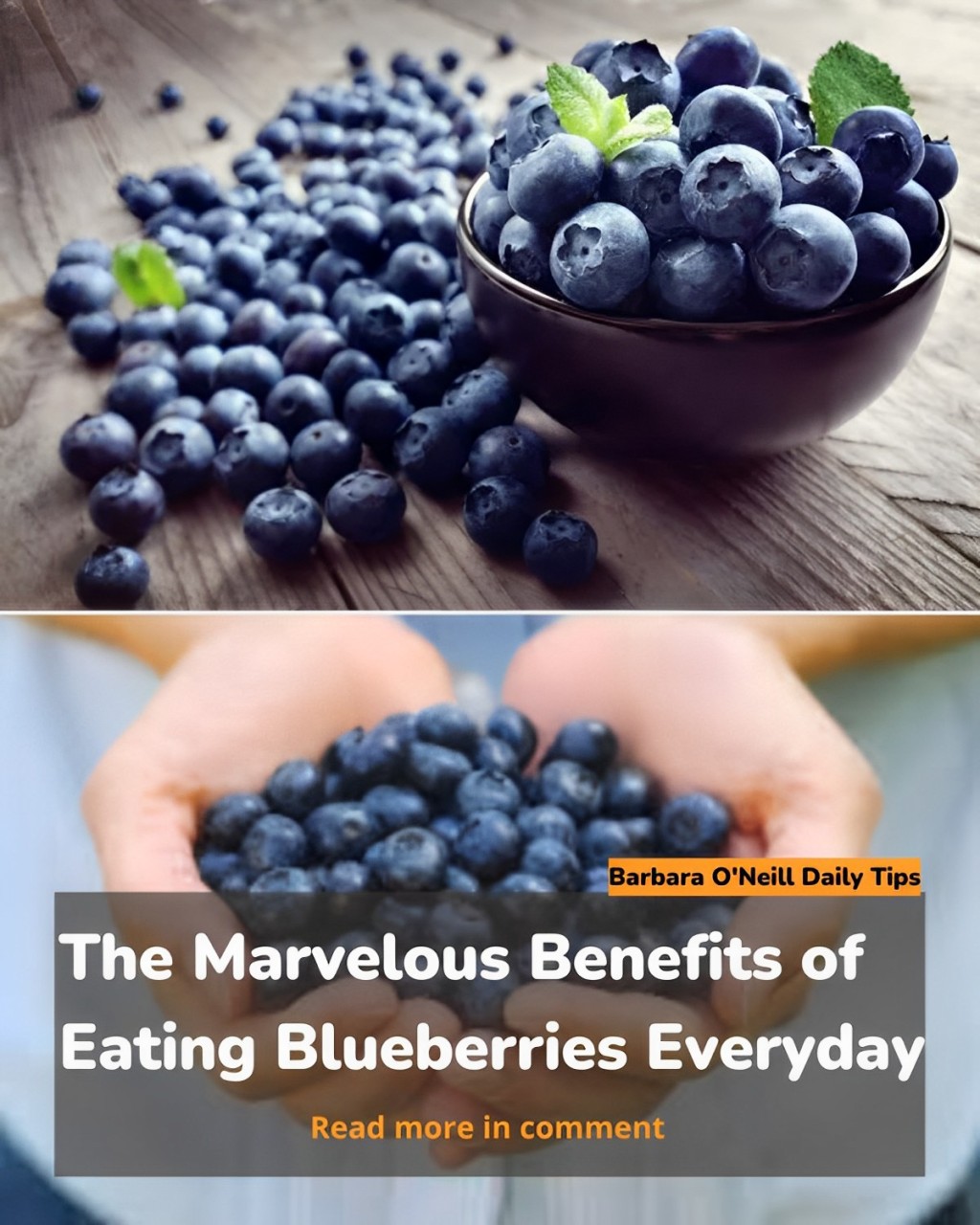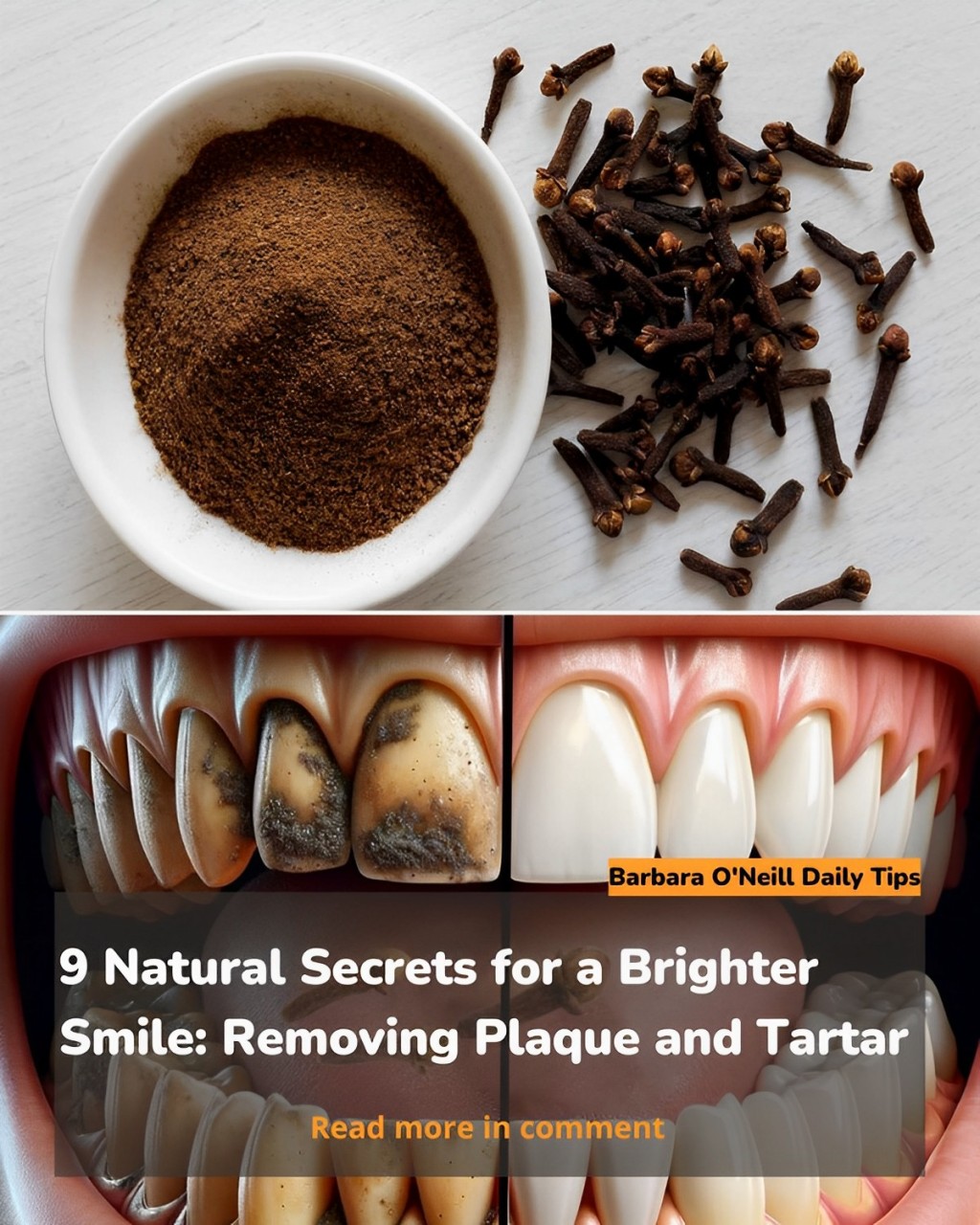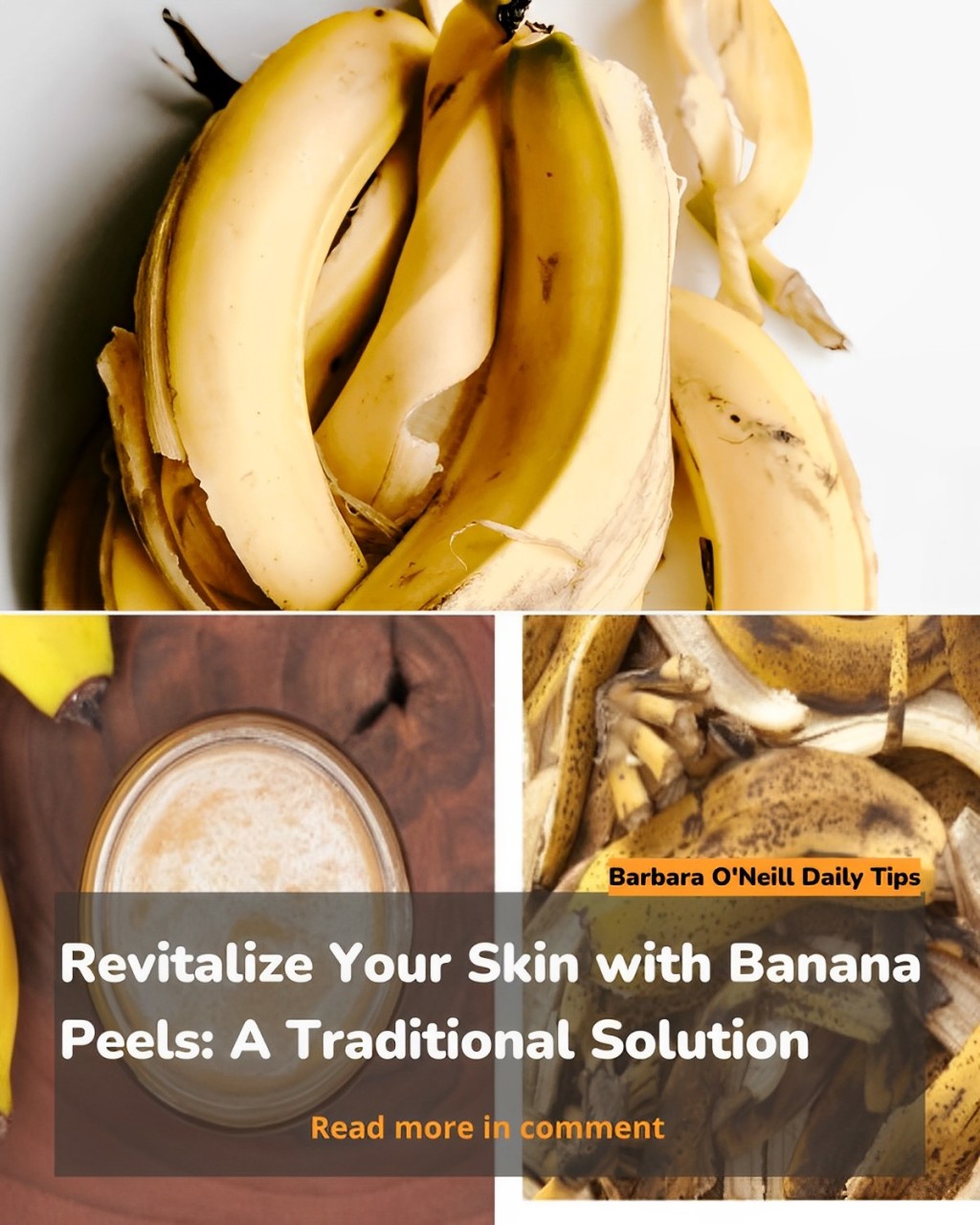Grilled meat is attractive and delicious, but many people are concerned about the risk of cancer. So is there any way to reduce carcinogens when grilling meat?

Illustration
1. Does grilling meat produce carcinogens?
Content
1. Does grilling meat produce carcinogens?
2. How to reduce the risk of cancer when grilling meat?
There’s nothing better than gathering family and friends on the weekend for a barbecue party. However, you may be concerned about the risk of cancer. So is there any way to reduce carcinogens when grilling meat?
All meats contain amino acids, such as creatine and sugar. When we grill meat at very high temperatures, those substances naturally create molecules called heterocyclic amines (HCA), toxic compounds also found in cigarette smoke, capable of causing cancer.
MSc.BS. Ngo Van Ty, Department of Oncology, Hanoi Medical University Hospital, said that according to the World Health Organization (WHO) and the American Cancer Society, they are the world’s leading organizations in disease-related research. Regarding cancer, grilled meat can cause and be associated with cancer. That depends on two main factors: how the food is prepared and the degree of temperature used to cook the food. It also depends on whether preservatives or toxic chemical impregnations are used or not.
Grilling meat at very high temperatures creates carcinogens.
Regarding the potential cancer risk associated with grilling meat, according to the American Institute for Cancer Research, cooking meat at high temperatures (like grilling) produces carcinogens called polycyclic aromatic hydrocarbons (PAH). and heterocyclic amine (HCA). These carcinogens can cause changes in DNA that can lead to cancer.
The risk of forming these carcinogens is higher from red meat and processed meats like ground meat and sausages. Smoke or scorching also contributes to PAH formation. Evidence clearly shows that diets high in red and processed meat contribute to an increased risk of colorectal cancer.
2. How to reduce the risk of cancer when grilling meat?
To reduce health risks in eating, especially when grilling meat, the American Institute of Cancer Research has issued guidelines for safer grilling measures, which are:
Scent meat
Studies show that marinating meat before grilling can reduce the formation of HCA. Scientists hypothesize that antioxidants in marinades prevent the formation of HCA.
Some healthy marinades are made from vinegar or lemon juice or herbs. Spices and herbs not only make meat more flavorful, but their antioxidant properties can prevent the formation of cancer-causing compounds.
Partially pre-cook
If you’re grilling large pieces of meat, you can reduce the amount of time the meat is exposed to the flame by partially cooking it in the microwave, oven, or on the stove top first.
Immediately place the partially cooked meat on the preheated grill. This helps keep the meat safe from bacteria and other food𝐛𝐨𝐫𝐧e pathogens that can cause illness.
Trim fat
Trimming fat from meat when grilling can reduce searing. Cook the meat in the middle of the grill and make sure to turn it frequently.

Grilling meat with vegetables reduces the risk of cancer.
Mix meat with vegetables
Cutting meat into smaller portions and mixing it with vegetables can help shorten grilling time and reduce the risk of cancer. Grilling vegetables and fruits does not produce HCAs, and plant-based foods are associated with a lower risk of cancer.
Keep the temperature low
Grilling meat over low heat reduces the formation of both HCAs and PAHs, and helps minimize burning.
Reduce burning by keeping fat and meat juices away from the fire. Finally, you should cut off the charred meat parts before eating.





